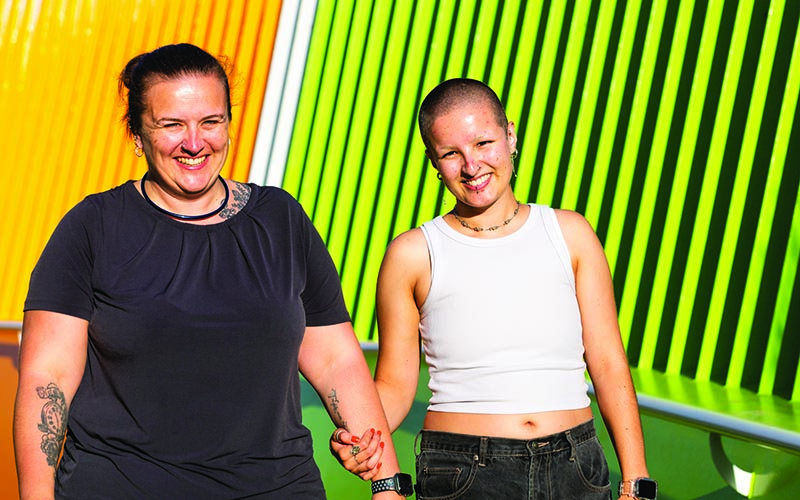Search
Research
Psychological Wellbeing Amongst Parents of Trans Children: An in-Depth Qualitative InvestigationResearch has shown that parents of trans children face numerous challenges as they navigate their parenting role, however, little is known about the impact of these challenges on parents’ psychological wellbeing.
Research
Parental Challenges, Facilitators and Needs Associated with Supporting and Accepting Their Trans Child’s GenderParental support is strongly correlated with protective factors for trans youth yet most experience parental rejection or ambivalence regarding their gender. Many parents report a desire to support their child but indicate lack of understanding and support as key barriers. We aimed to develop a nuanced understanding of the challenges and facilitators experienced by Australian parents in developing understanding, support and acceptance of their child’s gender and their needs to do so.
Research
Knowledge is Power: Trans Young People’s Perceptions of Parental Reactions to Their Gender Identity, and Perceived Barriers and Facilitators to Parental SupportParental support is strongly correlated with protective factors for trans youth, however, most experience unsupportive parental attitudes. We aimed to better understand how youth perceive parental reactions to their gender identity disclosure and what they consider to be barriers to, and facilitators of, support.
Research
Perspectives of trans and gender diverse young people accessing primary care and gender-affirming medical services: Findings from Trans PathwaysIncreasing numbers of trans young people are seeking medical services worldwide, but there have been few qualitative investigations of the experiences of trans young people attempting to engage with these services to explore in-depth experiences of clinical interactions.
Research
Sexual orientation and prevalence of mental health difficulties among emergency services employeesLGBQ+ people (Lesbian, Gay, Bisexual, Queer) are at-risk of discrimination and developing mental health issues within general populations. Limited research has assessed their mental health in emergency services occupations, a population which are known to experience poorer mental health. The current study explores the extent to which sexual orientation is associated with higher rates of mental health issues among emergency personnel.

The Youth Mental Health team is looking for a diverse group of young people to help inform research into mental health in LGBTIQ+ young people.

News & Events
Game aims to alleviate depression for trans youthA digital game adapted by researchers is set to deliver engaging, accessible help to prevent depression for trans and gender diverse young people.

News & Events
Trans Pathways breaks down barriers for Trans YouthWhen Trans Pathways ambassador Drew, 17, came out as trans three years ago, the biggest hurdle for him was the availability of services and the time it took to access support.

A new website for parents of trans children and young people across Australia is expected to improve family wellbeing and ultimately save lives after launching in May 2023.
Research
Gender DiversityNot all children or teenagers identify with the gender they were assigned at birth. As a result, some may choose to change their name, their clothes or their body. With considerably higher rates of depression, anxiety, self-harm and attempted suicide, the need for specialist mental health services has been recognised.
